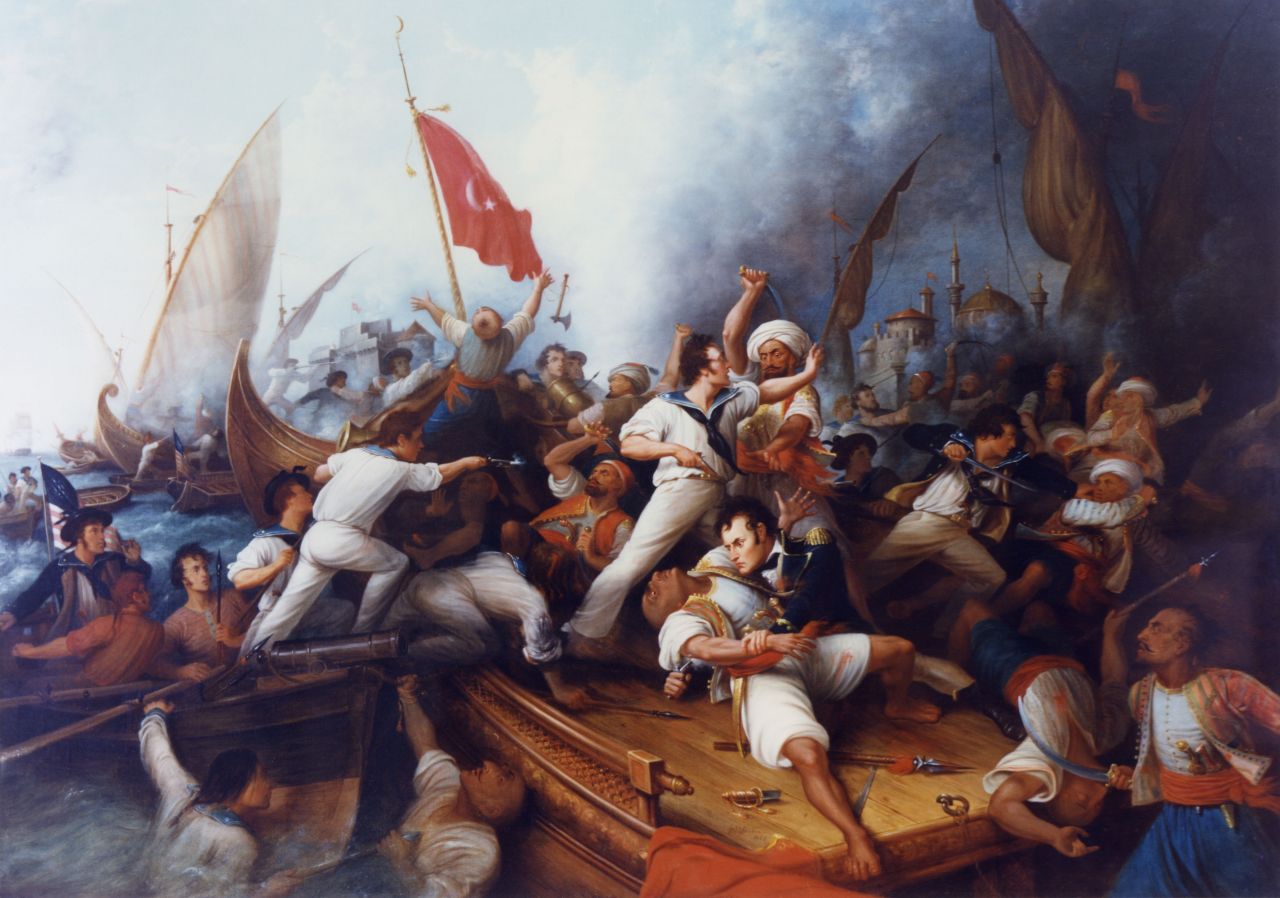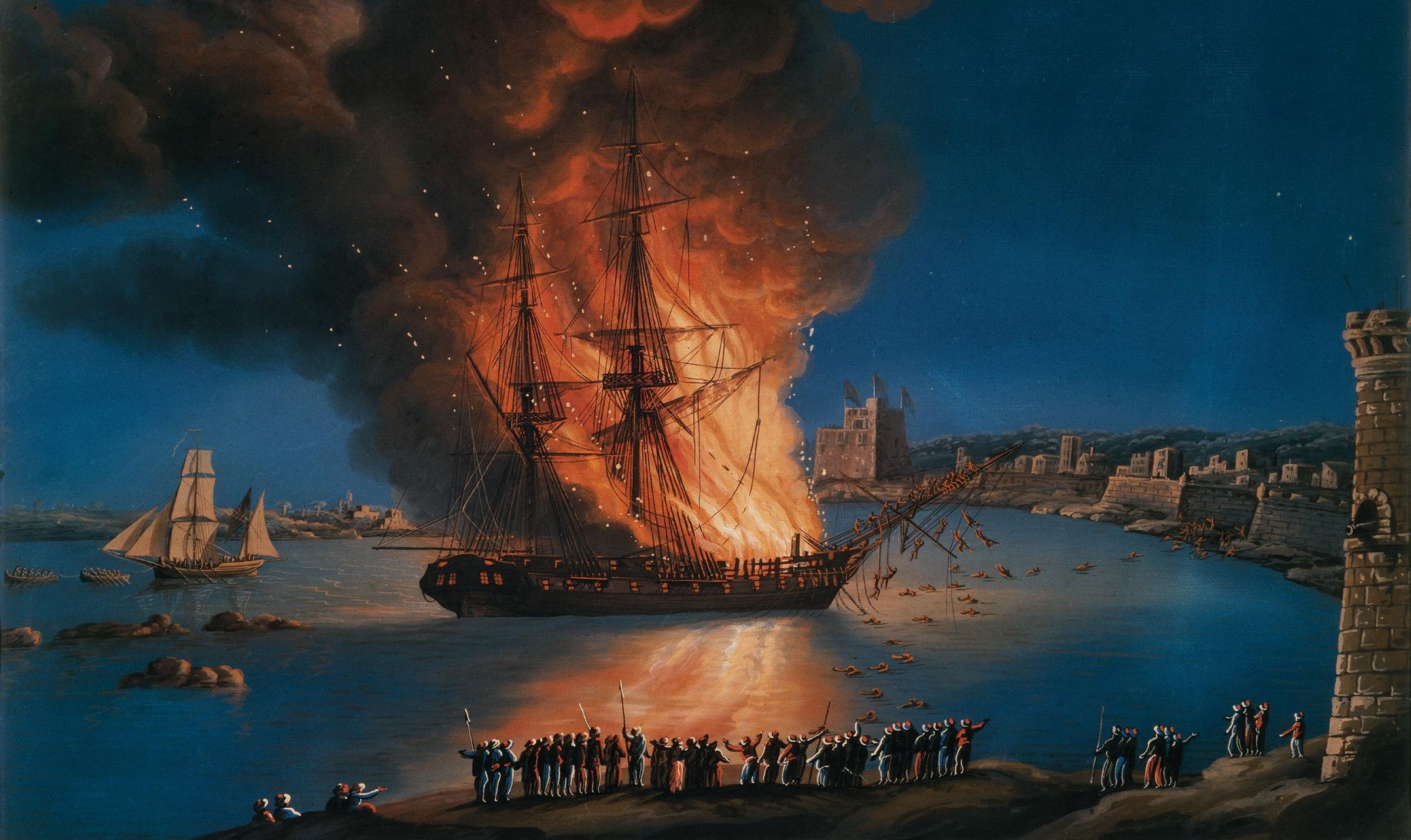Authors:
Historic Era: Era 4: Expansion and Reform (1801-1861)
Historic Theme:
Subject:
November/December 2021 | Volume 66, Issue 7


Authors:
Historic Era: Era 4: Expansion and Reform (1801-1861)
Historic Theme:
Subject:
November/December 2021 | Volume 66, Issue 7
Editor’s Note: Gil Klein is the author of Lafayette Square: Assassination, Protest & Murder at the White House. A former reporter for the Tampa Tribune and Media General New Service, he is now Resident Director of the University of Oklahoma’s Washington Journalism Program.
The recent protests in Lafayette Square were only the latest in a long list of events that brought mayhem and even murder to the president’s front door. The first tragedy happened just over 200 years ago when the naval hero Stephen Decatur died in his home, the first private house built on the Square, after a duel with a fellow naval officer.
For the young American nation, eager for heroes and seeking to assert its place among world powers, Stephen Decatur was legendary. Born on January 5, 1779, he grew up in Philadelphia. His father, Stephen Decatur, Sr. was a successful naval officer in the Revolution and in the early years of the American republic during the Quasi War with the French.
During Thomas Jefferson’s administration, the United States was at war with three of the Barbary States on north Africa – Algiers, Tripoli and Tunis. All three attacked American merchant shipping in the Mediterranean Sea, demanding ransom to release crews or tribute to allow safe passage. Jefferson, who opposed a large military, reluctantly sent warships to the Mediterranean to protect American shipping.
In 1803, one of the premier ships in the American fleet, the 36-gun frigate U.S.S. Philadelphia, ran aground off Tripoli and was captured. American Naval officers worried that if Philadelphia were repaired and rearmed, it could shift the balance of power in the Mediterranean in favor of the Barbary States.
At the age of 25, Decatur volunteered for what seemed like a suicide mission: sneak a small ship into the Tripoli harbor with a crew of 75 right under the guns of the city’s fort, overwhelm the Tripolitan crew aboard the much larger Philadelphia and set her ablaze. When asked how many men he would need to do the job, Decatur reportedly said “The fewer the men, the greater the glory.”
Disguising a recently captured ketch – a small two-masted ship – as a British merchant ship and hiding most of his crew below deck, Decatur sailed into the harbor as night fell and even convinced the Tripolitan sailors to allow him to tie up his ship against Philadelphia.

On Decatur’s signal, his crew rushed aboard Philadelphia, overwhelmed the crew and set the ship ablaze. Decatur was the last